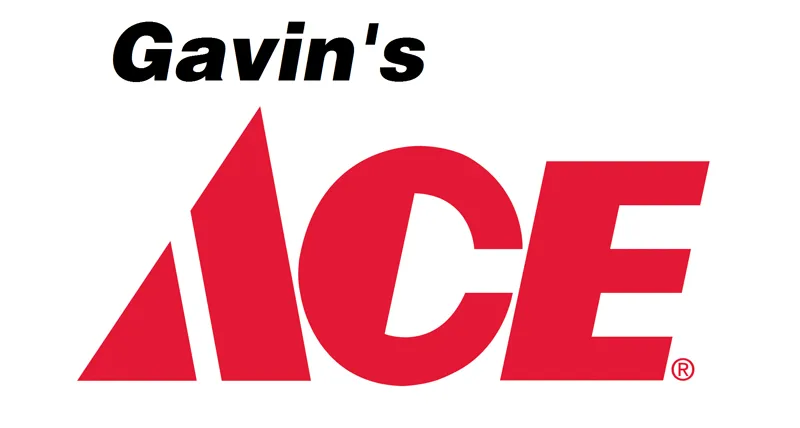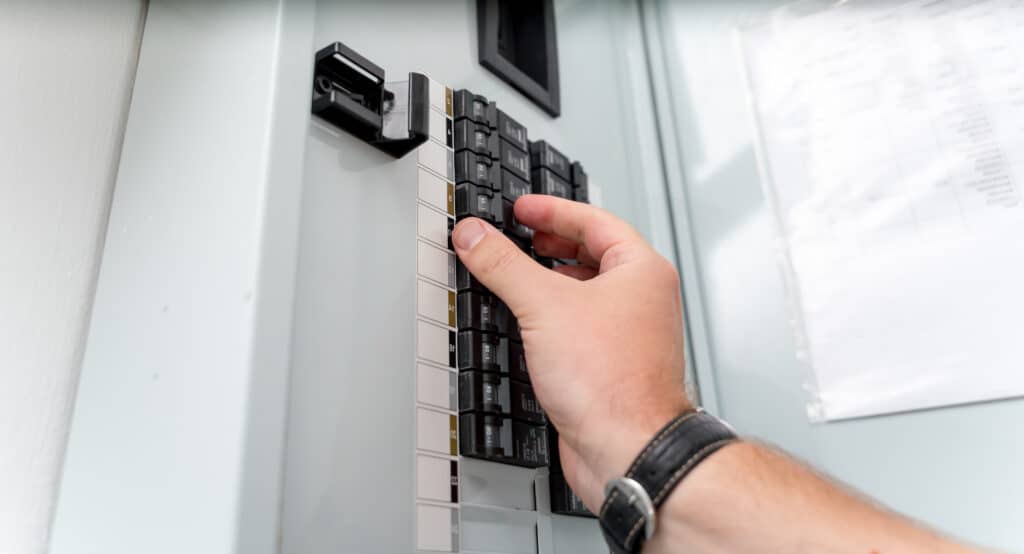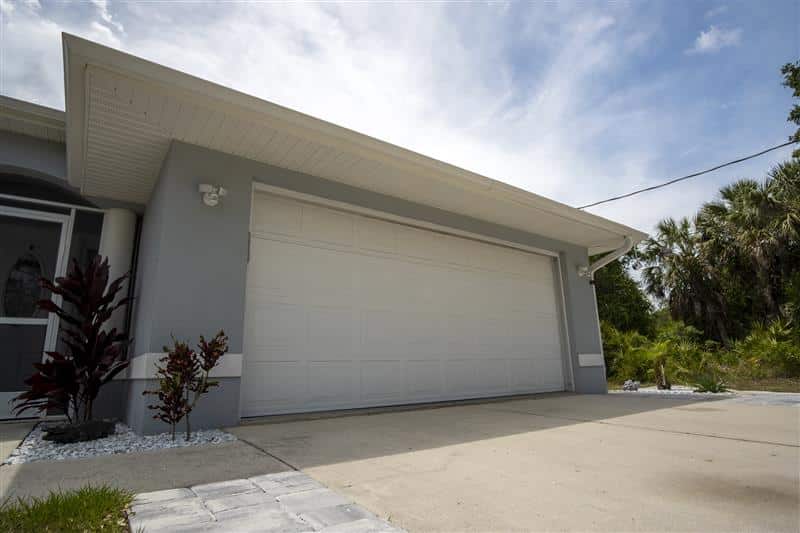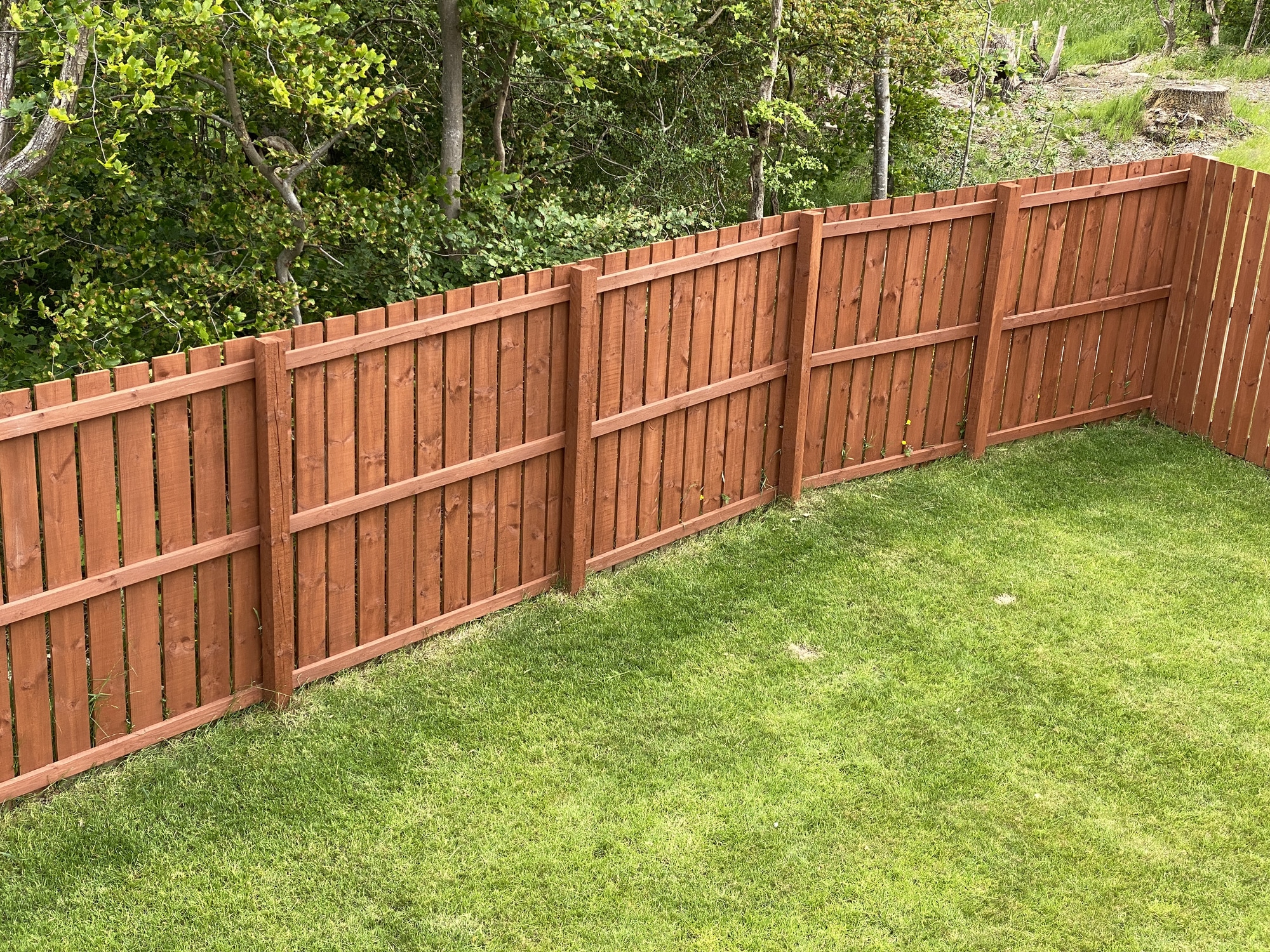Electrical Safety Checklist Before a Hurricane Hits



If you live in hurricane-prone areas like Florida, you know for a fact that the next hurricane is not a matter of “if” but rather one of “when.” Given this inevitability, it makes sense that you should take proactive steps to protect your belongings, loved ones, and yourself from the next hurricane. Your home’s electrical system ticks all these boxes, as a hurricane can cause expensive damage and put everyone inside in danger. Luckily, there are things you can do when the weather is fine that will pay off later.
This electrical safety checklist can help you do everything you can to minimize the next hurricane’s impact on your electrical system.
Electrical Safety Checklist Before a Hurricane
If a hurricane is approaching your area, ticking every box on this list is essential. We’ve split the list into multiple categories to make it easier to follow.
1. Manage Your Electrical Appliances
The first and arguably easiest part of the electrical safety checklist is not directly related to your home’s electrical system but rather the devices that use it. Consider following these steps:
-
- Unplug any everyday electronics like TVs, kitchen appliances, and others to prevent them from getting damaged by the power surges that may occur during a hurricane.
-
- Make sure you have enough power for your devices if the power goes out. Charge all smartphones, laptops, external batteries, and anything else that runs on rechargeable batteries.
2. Prepare Your Generator
If you live in a hurricane-prone area, a backup generator can make life much easier both during and after a hurricane. Consider doing these to make sure it’s ready to help you:
-
- Make sure your backup generator has all the fuel it can get.
-
- Try it out to check if it works as it should.
-
- Find a suitable place for it, where it won’t be affected by excess water, but never put it indoors or in other enclosed spaces.
-
- Use extension cords rated for outdoor use.
3. Prepare Your Electrical Panel
You should know exactly where your electrical panel is and how to turn off all power if needed. Some basic steps you can take are:
-
- Find your electrical panel’s circuit breaker and give it a try to make sure you know how to turn it off.
-
- If, in the early stages of the hurricane, you determine that your home may get flooded, consider turning off all power.
4. Prepare Your House and Everything Inside It for Water Exposure
While water damage may be inevitable, there are things you can do to limit it. These include:
-
- Move all your electrical devices to higher places in your house to avoid them getting damaged by water.
-
- Identify the areas that are most likely to allow water into your home and find ways to seal them off.
-
- If you have outdoor electrical outlets, make sure they’re fully waterproof.
5. Secure All Outdoor Electrical Devices
Now that your house’s electrical system and devices are hurricane-proof, it’s time to focus your attention on outdoor areas. Tick all these boxes to ensure your exterior electrical devices make it through the hurricane:
-
- Check all outdoor lights and wiring for any signs of damaged or loose parts, and repair when required.
-
- Determine if you have any exposed wiring or electrical panels and find ways to protect them from water and wind.
-
- Turn off all outdoor electrical devices, such as pool equipment and irrigation systems, before the hurricane hits.
6. Prepare Emergency Electrical Devices
Once the hurricane is underway, you may be left without both your main power source and your backup generator. You can improve your family’s safety and comfort by having as many battery-powered backup devices as possible. Consider following these steps:
-
- Buy some extra flashlights and make sure their batteries are fully charged.
-
- Have extra sets of batteries ready, as you may need them if you’re left with no power for a longer time than expected.
7. Know Who To Call in Case of Emergencies
The last item on your checklist is making sure you have all the right contacts. Following these steps will help:
-
- Save a list in your phone with all electricity-related emergency contacts, including a few local electricians (as many as possible, as they may be very busy in the aftermath of the hurricane).
-
- Determine how you can contact your electricity provider in case you need to report downed power lines or to get updates on power restoration.
What To Do After the Hurricane
While preparation is key, there are several things you should do right after the hurricane passes. These include:
-
- Avoid going out of the house in the dark, as you may not notice downed power lines.
-
- Report any outages as soon as possible.
-
- Once your power is restored, plug in one item at a time to avoid putting too much stress on the power system.
-
- If your home was flooded, consider calling a professional electrician before turning the power back on.
General Hurricane Safety Tips
These are some essential tips for making it through a hurricane safely:
-
- Buy a lot of bottled water and find a safe and easy-to-access place in your home to store it.
-
- Get enough food to last you and your family at least a few days; focus on food that’s easy to store and prepare, like canned goods.
-
- Determine what other essential needs your family members have, such as various medicines, and make sure you have enough to last for a while.
-
- Check to see if any tree branches are in danger of damaging your home due to strong winds, and trim them before the hurricane starts.
-
- Secure any outdoor furniture and equipment to avoid them causing any damage.
Preparing your electrical system for an upcoming hurricane can significantly limit the damage caused by wind and water, as well as keep your family safe from any exposure to open power sources. Keep this list handy by storing it in your phone or printing it and make sure you follow all the steps before the next hurricane hits.



